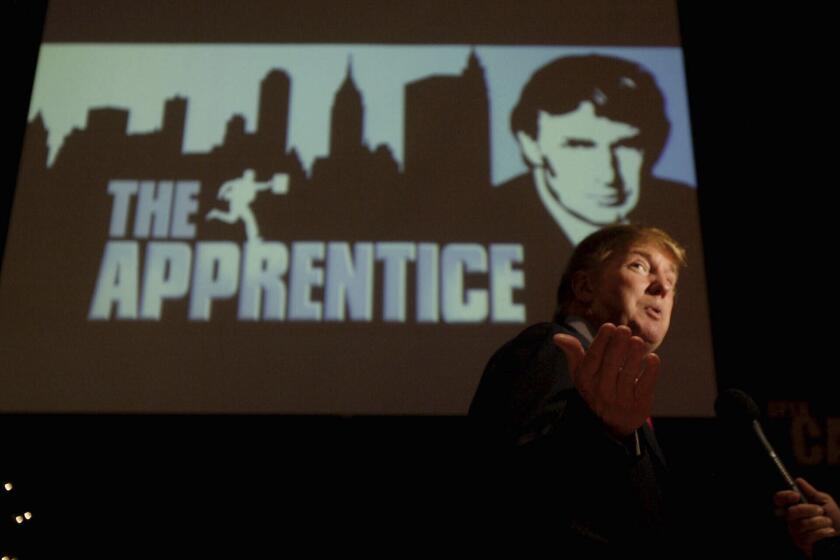FDR could not have survived the scrutiny media gave Gary Hart
One chilly winter evening in 1988, I was the lone journalist among a small clump of voters gathered inside an old meeting hall in Manchester, N.H. I was there, mostly out of curiosity, to witness the spectacle of a man desperately clinging to a shattered dream. The dream was the presidency. The man was Gary Hart
Hart had once been sure it was his destiny to be president of the United States. The previous spring -- perhaps convinced of his own inevitability and invulnerability and only weeks after declaring his candidacy for the Democratic presidential nomination -- Hart had taken a ride to Bimini on a yacht called Monkey Business accompanied by a lovely young blond model named Donna Rice. Subsequently tipped off about Hart’s boat party with a woman who wasn’t his wife, reporters from the Miami Herald staked out Hart’s home in Washington, D.C., saw Hart there with Rice and confronted the candidate.
The Herald published a 7,000-word expose. A week later, Hart withdrew from the race and headed to Ireland to escape media scrutiny. By December, though, he had changed course and resumed his campaign. Before the scandal hit, Hart had been leading all Democratic contenders and was 13 percentage points ahead of the likely Republican nominee, Vice President George H.W. Bush. The night I saw him in Manchester, he was being ignored by the media and shunned by voters. He ended up with a mere 4% of the vote in the New Hampshire primary and the winner, Gov. Michael Dukakis of Massachusetts, went on to take the nomination and get beaten by Bush.
I felt pity for Hart as I watched and listened to him speak that night. How humiliating it must be, I thought, for a man to have his private indiscretions laid bare to the world, to have his life’s ambition crumble in an instant and then to press on in a quixotic, embarrassing effort to get it all back. At the same time, though, I was impressed by what Hart had to say; how much more depth and intelligence he brought to the issues than any of the other candidates. Given the opportunity, he might have been a very good president.
In polls at the time, more than half of voters said infidelity should not disqualify a person from being commander in chief. In the next decade, Bill Clinton proved a president could not only survive a sex scandal but could end up as one of the country’s most popular politicians. But Clinton seems to be the exception. Since Hart, numerous men in politics have humiliated themselves and wrecked their public careers by betraying their wives with other women. Voters have generally not been especially forgiving.
Of course, complicated relationships and dangerous liaisons are not rare. Most marriages hit rocky periods and many married partners learn, grow, forgive and survive as a couple. Hart and his wife, Lee, are an example, having now been married for half a century. Donna Rice is far in their past, but so is the dream of the presidency.
Sunday, in the New York Times Magazine, reporter Matt Bai looked back at the Hart episode and made the argument that it marked a shift in how the press covered presidential candidates. Where in the past – think John F. Kennedy – the press had been complicit in keeping the private lives of politicians private, after Hart, reporters have obsessed about personal flaws and paid much less attention to policy. Bai says this has forever changed politics, turning reporters into scandal chasers and candidates into hyper-cautious mannequins.
Some commentators are taking exception to Bai’s contentions and they point to Clinton as the obvious example of a smart policy wonk who won two terms in the White House despite media fascination with his randy sexual proclivities. Still, it cannot be disputed that the political world is different than it once was.
In a long-gone era, Franklin Delano Roosevelt had some big secrets that could have wrecked his political career. The unrevealed scope of his polio disability was one, of course, but just as significant was the complex architecture of his marriage, including the women close to him who were, to a significant extent, surrogate wives. This was a big, untold story. If the public had known, it seems unlikely FDR would ever have become president. And, instead of having this extraordinary man in the White House through 12 of America’s most perilous years, the nation could have been led by men in the mold of Calvin Coolidge and Herbert Hoover – men with greater moral rectitude and placid marriages but parsimonious, niggling hearts.
On balance, full disclosure is a good thing. It weeds out plenty of creeps. Still, one wonders if, now and then, we sideline potentially great leaders when we learn too much about their fallible humanity before they have a chance to be great.
More to Read
A cure for the common opinion
Get thought-provoking perspectives with our weekly newsletter.
You may occasionally receive promotional content from the Los Angeles Times.











